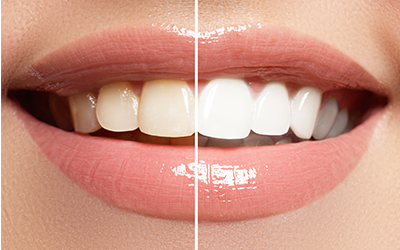Image Credit:
Image Credit:

The use of lasers in dentistry began around 1994. While it was FDA approved and was successful at treating a number of dental problems, the American Dental Association (ADA) hasn’t given any laser system its Seal of Acceptance as an alternative to traditional treatment.
However, it is stated by the ADA that it is optimistic yet cautious about the role of laser technology in dentistry. Yet, thanks to the FDA approval, some dentists are using lasers to treat various dental issues.
Overall, there are various benefits of using a laser. Since it is less painful than traditional methods of dentistry, it requires less use of anesthesia. It can minimize bleeding during treatments and reduce the swelling of soft tissue.
However, laser treatments are more expensive than traditional treatments and may take a while before the ADA approves them, and they become commonly accessible for the general public. It is important to discuss your issues with your dentist before making a decision, as they’d be able to guide you better to what suits your particular needs best.